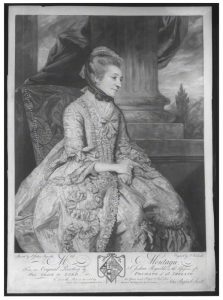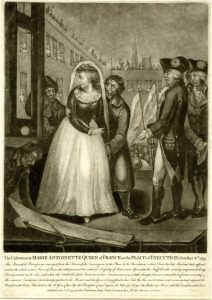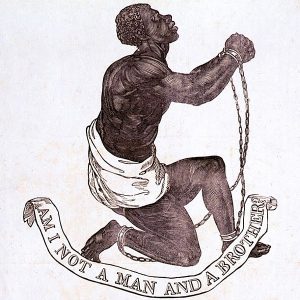Age of Reason
For many writers in the long eighteenth century (1660-1800), the age of reason replaced thousands of years of superstition and tradition that kept human beings in a state of dependence to religious and political authorities. Writers explored the intellectual parameters of the human mind and celebrated advances in science and philosophy. So many changes happened during this time, we could rename the era in a number of ways.
Age of Enlightenment
The period also became known as the Age of Enlightenment for the radical ideas set forth in social and political areas of life. After the renaissance and humanism of the early-modern period, people began to ask themselves, “what does it mean to be a human being?” and “what rights do human beings have?” Most of the writing of this time attempts to answer these questions in all aspects of human life. For example, in religious life, people sought to understand the question of authority: does the established church control spiritual thinking or must people determine spiritual matters themselves? Since many looked to the classical philosophy of Greece and Rome for answers on issues of governance and authority, the period also became known as the Neoclassical period. As people focused on the definition of basic human rights, they became willing to fight against established authorities to obtain those rights.
Age of Restoration and Revolution
The year 1660 marked the beginning of what is known as “the long eighteenth century,” when Charles II returned from exile as the English monarch after twenty years of parliamentary rule. The English people were the first to attempt a commonwealth republic that eventually fell apart under the strain of civil war. The American colonies staged their revolution in 1776, culminating in their independence from British monarchal rule. The French followed, beginning in 1789 with the storming of the Bastille in Paris and ending with the execution of King Louis XVI and Queen Marie Antoinette by guillotine in 1793. The successful revolutions against some of the most powerful monarchies of Europe spawned similar revolts against tyranny all over the world as people began to yearn for freedom.

Age of Women
Even though suffrage was centuries away, eighteen-century women sowed the seeds of proto-feminism, arguing for equal rights in education as a means to end the oppression of thousands of years. These women courageously set forth an argument that women had souls, and as such were entitled to reason out their own salvations. They also proved through their writing that they were equally equipped intellectually, that they were capable of more than an ornamental and frivolous existence. Women such as Mary Wollstonecraft advocated for freedom for women in the workplace, demanding a means by which women could gain some control over their financial situations and escape the cruelty of poverty and abuse. The age saw women begin to make a living with their writing, forging a place for women in the literary world. Castigated for their independence, they nonetheless persevered and gave birth to women’s voices who had been silent for centuries. Lady Elizabeth Montague began to host parties for intellectuals, mostly women, in her home in order to replace evenings of cards and gossip. The group became known as the “Blue Stocking Society.”

Age of Abolition
After thousands of years of human slavery, from the ancient empires of the Egyptians and Babylonians to the empires of the Romans, the Ottomans and the Russians, to the Slave Trade that transported millions of Africans and Indians to Europe, the Middle East, and the Americas, the eighteenth century saw the beginnings of a movement to abolish slavery. Freed slaves such as Equiano wrote their narratives to bring awareness to the public about the horrors of slavery. Religious groups such as the Quakers, as well as individual men and women such as William Wilberforce, Thomas Clarkson, and Hannah More continually fought for abolition in England, where parliament finally abolished the slave trade in 1807. Abolitionists all over the world appealed to the basic human rights of dignity and freedom that defined liberty for everyone.

Europeans were not the only participants in the struggle for freedom. Led by former slave Toussaint l’Overture, Haitian slaves revolted against their slave-owners and against the French government in 1791. By 1803, they had abolished slavery on the island of Haiti and ended French control over the island country. With the success of the revolution, Haiti became the second independent nation in the Americas.
Written by Karen Dodson

